Article by Jeff Dodge. Originally published on SOURCE.
The walls between us: Building and rebuilding trust
Liberal arts faculty examine role of U.S. in the world

What is the appropriate role of the U.S. on the world stage? It’s a question that has been hotly debated by politicians and scholars alike for decades.
The transition of power from former President Donald Trump to President Joe Biden is expected to cause a shift in the relationships that the United States has with foreign countries, moving from a nationalistic, protect-the-borders approach to one that is more embracing of globalization and international agreements like the Paris Agreement on climate change.
How is the U.S. viewed by other nations — and what effect will the presidential change have on how the country operates around the globe? Faculty from four Liberal Arts departments at Colorado State University study the wicked problem of globalization and offer different perspectives, while agreeing on at least one thing: Even though certain actions by the Trump administration, such as efforts to block immigration, damaged the perception of the nation in some countries’ eyes, the world still looks to the United States for leadership — and hope.
 A pandemic and global warming
A pandemic and global warming
KuoRay Mao is an assistant professor in the Department of Sociology whose areas of expertise include transnational environmental crime as well as rural development, natural resources and governments in East Asia. He grew up in Taiwan during the Cold War and spent several years working and studying in China. From his perspective, the U.S. is poised to return to its traditional role of engaging other countries instead of shutting them out.
“During the last four years, there was some bewilderment in East Asia as they asked, ‘What happened to the established global order we were used to?’” Mao says. “The profound economic development that occurred there during the Cold War happened because they joined the global system led by the U.S. There has been a lot of confusion in recent years, and people didn’t know what to expect, because they were used to the U.S. playing a big part in globalization. They no longer view the U.S. as a leader in institutions of government.”
He adds that from COVID-19 to climate change, the East Asian perception of the U.S. changed under the Trump administration. For example, Mao says, the Chinese government seized on the ways that the United States mishandled the pandemic as evidence that China’s authoritarian, top-down approach to minimizing the spread of the virus was superior.
“They equated democracy to mob rule that only creates chaos,” Mao explains, noting that in China, the government was aggressive about taking citizens’ temperatures, forcing symptomatic individuals into temporary hospitals, and issuing everyone a code based on their health and risk of exposure. “I don’t agree with their top-down model, but in China it was very effective. Here it became a political issue. Our media and elected leaders exploited politics and values for political gain, at the expense of science.”
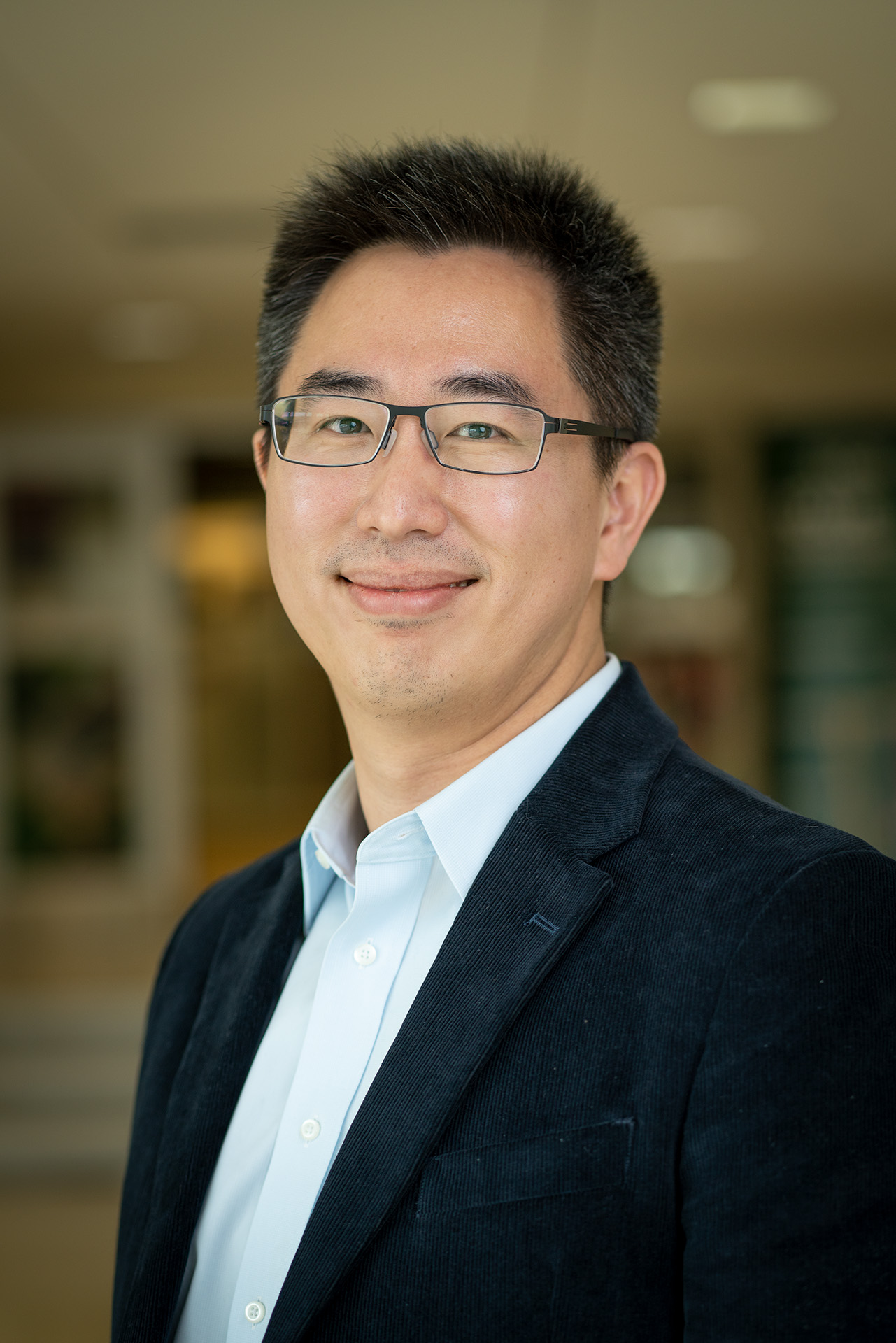
Paris Agreement
As for the Paris Agreement, which Biden rejoined on his first day in office, Mao says Trump’s withdrawal from the accord undermined faith in the United States.
“Climate change requires global solutions that incorporate all stakeholders — and are enforced by all stakeholders,” he says, adding that leaving the Paris Agreement sent the message that the U.S. was selectively disregarding the rule of law and only upholding it when convenient.
“When we withdrew, it was viewed as the U.S. giving up its position of leadership and disrupting binding agreements,” Mao says. “It undermined the democratic model we’ve been preaching for over 50 years, because we weren’t living up to our own standards. The return to the Paris Agreement symbolizes hope for the international community, and symbolizes the U.S. returning to the model that it’s used since World War II, which is building consensus, trying to create a win-win situation for all involved.”
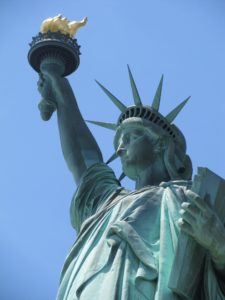 While confidence in the United States has suffered, it can be regained if we “return to our old selves,” he notes. “We do have a lot more to do to regain their trust. The world viewed the U.S. as an irresponsible partner. And if they don’t trust our institutions, they’re not going to trust the U.S. dollar. It fundamentally damages the credibility of the U.S. brand.”
While confidence in the United States has suffered, it can be regained if we “return to our old selves,” he notes. “We do have a lot more to do to regain their trust. The world viewed the U.S. as an irresponsible partner. And if they don’t trust our institutions, they’re not going to trust the U.S. dollar. It fundamentally damages the credibility of the U.S. brand.”
A diplomatic approach to N. Korea
Peter Harris, an assistant professor in the Department of Political Science who specializes in international relations and U.S. foreign policy, points out one glaring exception to the perception that the Trump administration damaged relations with other countries: North Korea. He notes that while Trump initially made relations with North Korea worse with tweets of fire and fury, he ended up choosing a more moderate, diplomatic approach.
“I actually give Trump a lot of credit for that,” Harris says. “That was a good reminder that we can live with each other. Adversaries may be viewed as evil at times, but we can co-exist.”
But he agrees that Trump and Biden have very different approaches when it comes to dealing with other countries.
“Trump had faith in America’s ‘hard’ power,” Harris explains. “Biden is more about America’s ‘soft’ power, or attractiveness. For him it’s not about pushing others to do what you want but convincing them that they want to. Biden believes America is more effective leading by example.”
He also concurs with Mao’s assertion that the U.S. has some trust to rebuild.
“I think there will be some making up to do with other countries, because some will worry that Trump was not just an anomaly,” Harris says. “They worry that there could be another Trump in four years.”
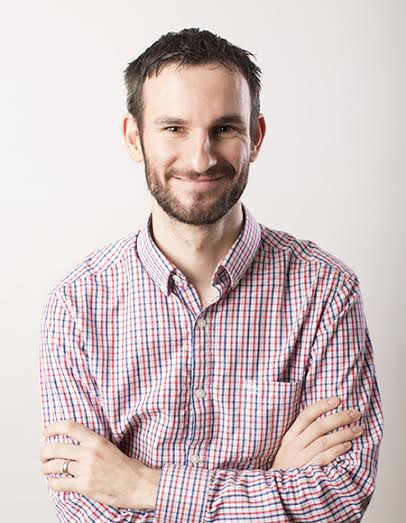
A different U.S. role
Other faculty in the College of Liberal Arts point out that instead of always playing the leader, sometimes the U.S. should take a step back and learn from other countries and cultures.
Caridad Souza, director of the Center for Women’s Studies and Gender Research, specializes in feminist theory, specifically intersectionality. A woman of African descent, she has taken students on education abroad trips to Ghana for many years. Souza notes that the U.S. often takes on the role of benefactor or police officer when dealing with other nations, especially those in the Global South, and sometimes it’s better to be a partner, by listening and learning. She refers to the concept of “walking with people.”
“You go in with mutual respect and not arrogance, but with active listening and all the things that make dialogue an exchange,” Souza says. “Maybe we could use the brilliance that we’ve previously used to exploit other countries and turn that toward partnering with other countries and building each other up. We’ve lost a lot of power over the last four years, but that might be good for us, because it could require us to come back humbly instead of arrogantly.”
She said that in Ghana and many other countries, the U.S. is still welcomed and viewed positively as kind-hearted, humanitarian and technologically superior.
“Because we export our image to the world, people still have faith in us somehow,” Souza says. “We have a lot of strengths, but we do behave in ways that are harmful. We need an underlying ethic of transnational solidarity in how we walk with other countries.”
In addition, she notes that the U.S. has some soul-searching of its own to do.
“A guy that I worked with in Ghana described us as ‘united,’” Souza recalls. “I had to tell him that this unity is fragile, and is still being worked toward. Our values are also up for grabs and troubled, as we’ve seen recently. We are a very fragile democracy that needs to think about what we mean by democracy.”
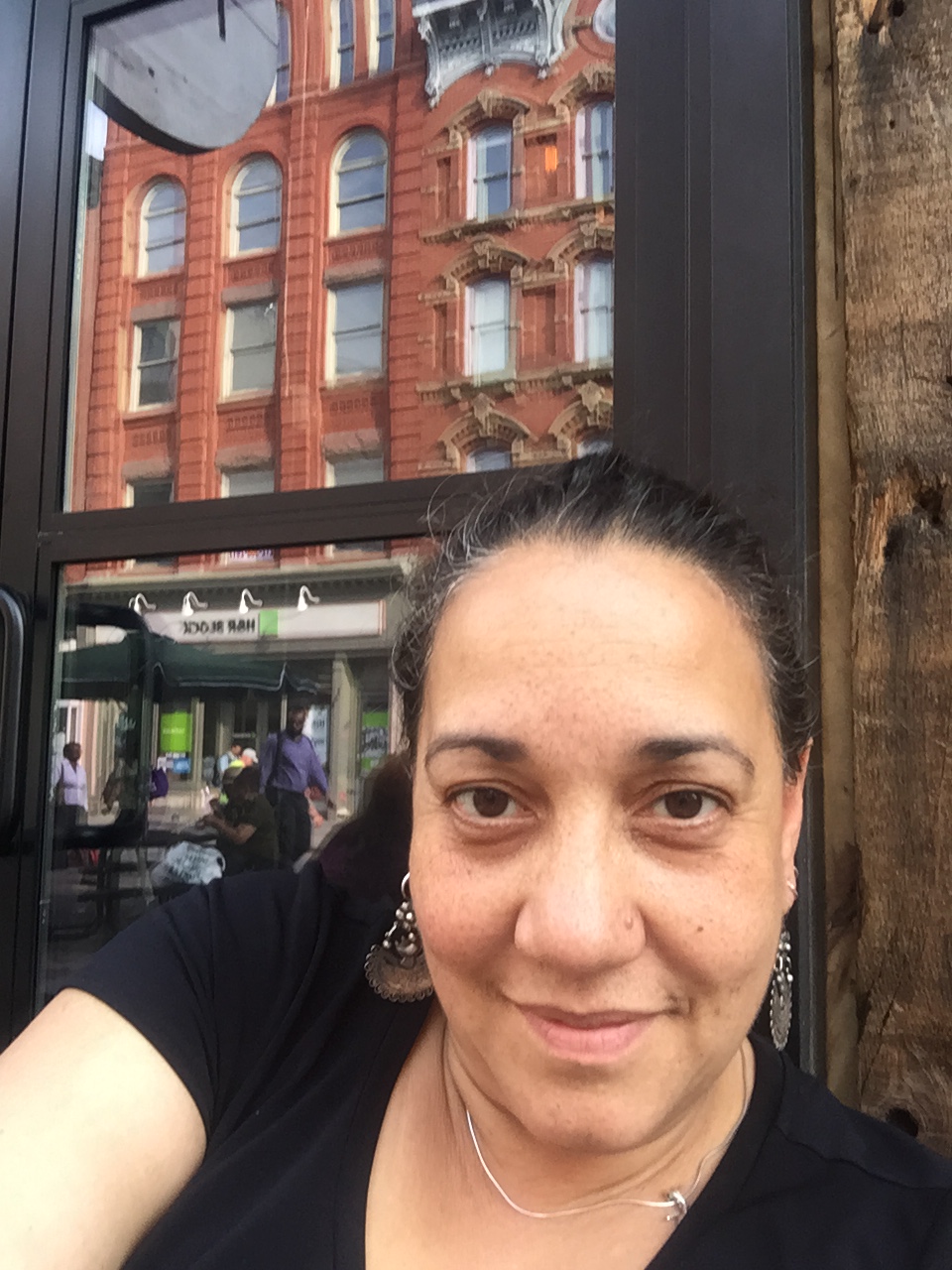
‘An X-ray for society’
María Inés Canto, an assistant professor of Spanish in the Department of Languages, Literatures and Cultures, agrees about our fragility, citing events of the past year like the protests against the murder of George Floyd and the Jan. 6 storming of the U.S. Capitol.
“The U.S. is never going to be the same after the Black Lives Matter movement,” Canto says. “We are in the moment of reshaping our views. And the pandemic has been like an X-ray for society. As prominent Argentinian philosopher Rita Laura Segato has pointed out, COVID has exposed and magnified existing inequities in gender, race and class.”
Canto, an attorney who is originally from Mexico, is teaching courses on feminism in Latin America, where social media is being used by feminists to organize and discuss gender-equity issues.
“For me, social media is an outlet to question our institutions,” she says. “Social media can be like a battlefield, but it’s also a place where we can all speak on the same level.”
Canto, who is leading a virtual march to celebrate International Women’s Day at CSU on March 8, says feminist efforts in Latin America have had mixed results. Honduras recently banned abortion, even in cases of rape, but Argentina became the first country in the region to grant free access to abortion.
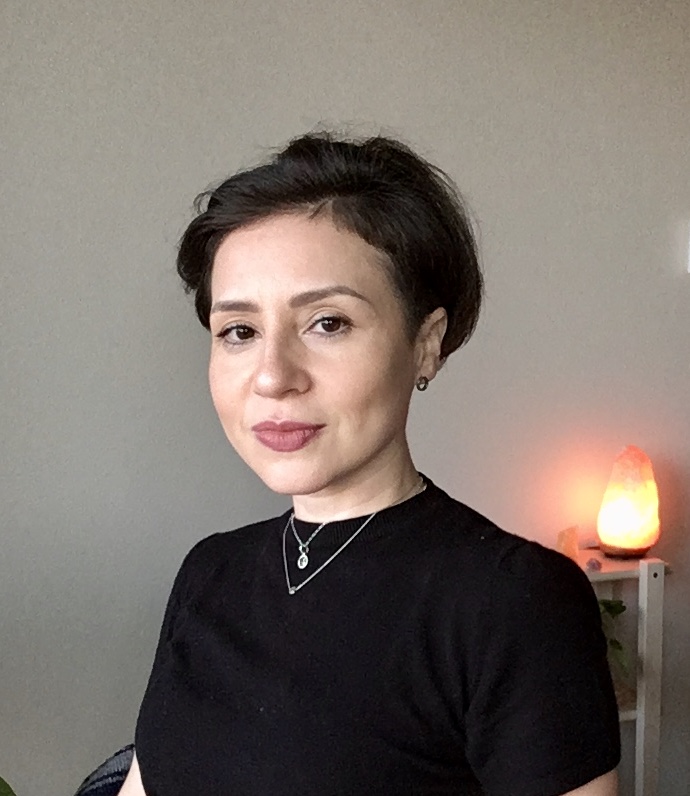
Immigration and factories
There are other issues that the U.S. faces in Latin America, like immigration and “maquiladoras,” factories often accused of exploiting Mexican workers for U.S. profits.
“Do we continue to build walls, or do we embrace?” she asks. “We’re still waiting to hear how Biden will handle the thousands of families who are still in camps on the Mexican border. And there are factories in Mexico that provide work, but in a very cheap way that doesn’t provide social mobility. It’s a new form of slavery, because you don’t have social movement, and many of those workers are women.”
Like Souza, Canto believes the United States should treat Latin American countries as partners.
“The U.S. often views Latin American nations as kids,” she says. “They would like to have a listener instead of a provider. I’m hoping the Biden administration can listen, let those countries develop on their own, and stop the interventions into economies and politics. I hope the role of the U.S. is being open to diversity and discourse.”
Faculty agree that crossing boundaries and borders, using diplomatic approaches instead of authoritarian ones, engaging in dialogue, and building consensus are the ways in which the liberal arts advocate for how the United States can be a leader on the world stage.
It’s a strategy that may be able to re-ignite the hope that many countries look to from the U.S.

This story is part of a series of articles from the College of Liberal Arts exploring the Gordian Knot of wicked problems within the realms of democratic institutions and civic engagement; race, diversity, and inclusion; environment and sustainability; and globalization and global perspective.